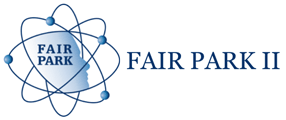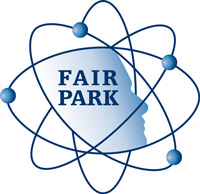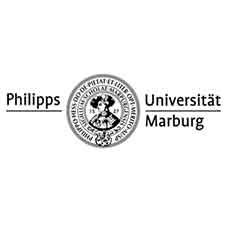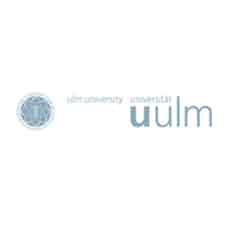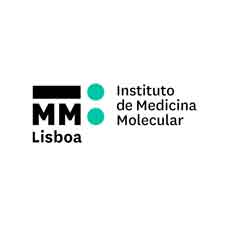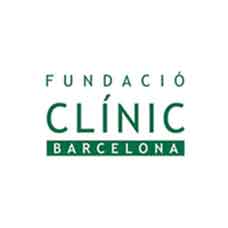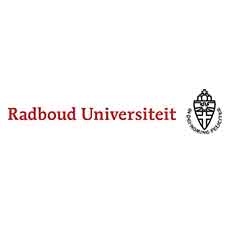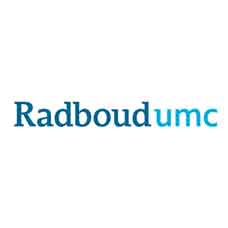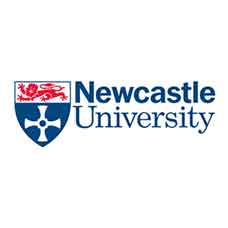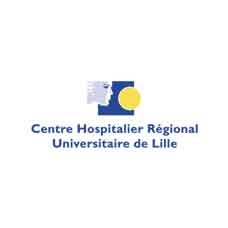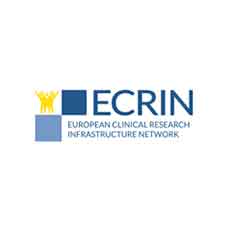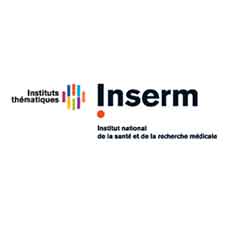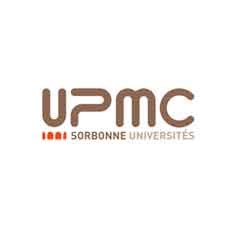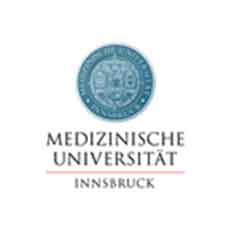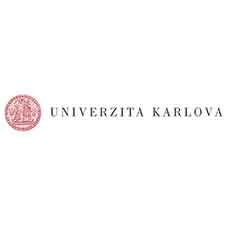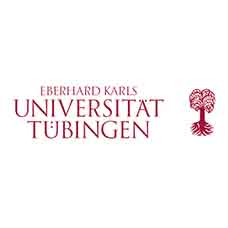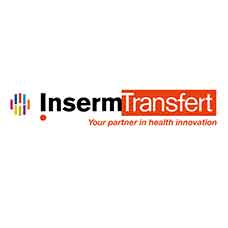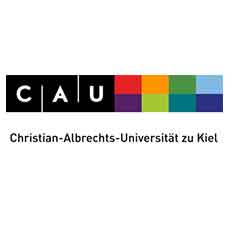FAIR PARK II project: Conservative iron chelation as a therapeutic strategy to slow the progression of Parkinson’s disease
FAIR PARK II is a 5-year European project that received funding from the European Union H2020 Research and Innovation Programme in January 2015. This project will make it possible through a European clinical study to validate the efficacy and safety of an iron-trapping treatment: deferiprone. This approach by reducing cerebral iron overload, could limit neuronal death and therefore the progression of Parkinson’s disease.
This programme is coordinated by Lille University Hospital, with the support of the French NS-PARK/FCRIN networks, the European clinical research network (ECRIN), and the involvement of patients’ associations (EPDA and France Parkinson). This program brings together 15 partners, including one industrial contributor, scientists and clinicians, national leaders and coordinators of European clinical research networks dedicated to research into Parkinson’s disease.
Thanks to the involvement of these partners, 24 clinical centres with expertise in providing care for Parkinson’s disease can be associated. These 24 expert centres are spread through 8 European countries (Austria, Czech Republic, England, France, Germany, the Netherlands, Portugal and Spain) and are uniting their efforts to move research forwards, with the goal of recruiting 338 patients by 2018.
________________________________________________________________________________
On the Iron trail:
Parkinson’s disease is caused by a progressive degeneration of neurones in a nucleus of the brain called the substantia nigra. This nucleus produces a neurotransmitter called dopamine, which plays a key role in the control of movements. Current dopamine replacing treatments make it possible to improve partially the motor symptoms (e.g.: tremor, muscular rigidity or postural instability) associated with the disease, but they do not have major effects on other non-motor symptoms (e.g.: olfactory dysfunction, cognitive impairment, autonomic dysfunction, sleep disorder, pain or fatigue) and do not halt the progression of neurone degeneration, leading to progressive worsening of patients’ disability on the long-term.
The substantia nigra contains high levels of iron concentration. The team of pharmacologists and neurologists in Lille and other groups have put forward the hypothesis that an iron trapping (sequestering or chelating) treatment might lower excessive levels of iron in order to reduce the death of neurones and limit the development of the disease. This therapeutic innovation could then be associated with the currently available symptomatic treatments.
FAIR PARK II project will make it possible to validate a new therapeutic approach via this clinical study.
________________________________________________________________________________
FairPark I: first hope
Prof. David Devos (coordinating investigator) conducted recently a first exploratory clinical trial called FAIR PARK I. The main goal of this pilot study was to test the concept and the feasibility of treating parkinsonian patients with deferiprone, in collecting preliminary data supporting the potential efficacy of deferiprone (an iron chelating molecule) in 40 patients suffering from early-stage Parkinson’s disease.
The treatment duration was two years.
The main objectives of the FAIR PARK I study were met, as deferiprone proved to be well tolerated and patients presented encouraging signs of efficacy including some reduction in motor symptoms and slowing of disease progression after 2 years.
Based on these preliminary positive findings, further clinical studies are required to confirm the therapeutic interest of deferiprone in the treatment of Parkinson disease, and FairPark II is the first of such confirmatory trials.
________________________________________________________________________________
FairPark II: a large-scale study
The European FAIR PARK II project represents the second pivotal step of the assessment of this new therapeutic approach and should enable verifying the results of the previous study in a broader population of patients.
This trial will include 338 patients with early-stage Parkinson’s disease. It will be a major step forwards for the development of this new therapeutic approach in contributing to improve our scientific knowledge regarding this pathology and ultimately to improve the care of the patients.
The study is sponsored by the Lille University Hospital, and supported by the French national network for clinical research in PD (NS-Park/FCRIN) and the european clinical research network (ECRIN). It is funded by the European Community under the Grant N° 633190.
The study focuses on patients between 18 and 80 years of age, suffering from Parkinson’s disease at a very early stage, at the moment of diagnosis and before any other treatment has been initiated.
These patients will be treated and followed up in one of 24 Fair Park II expert centres in Europe.
________________________________________________________________________________
FairPark II: the goals
The main goal of this research is to assess the effect of deferiprone on the motor and non-motor symptoms that you are enduring due to Parkinson’s disease and to assess the impact of this treatment on the progressive worsening of these symptoms over time.
In other words we want to know whether deferiprone enables to improve the typical symptoms linked to Parkinson’s disease, and to reduce the progression of disability associated with such symptoms.
The hypothesis is that the score of the reference scale measuring disability in Parkinson’s disease (MDS-UPDRS) will deteriorate less on deferiprone than on placebo.
The study will also assess the tolerability and safety of deferiprone in patients suffering from early Parkinson’s disease.
Next page: How is this research going to be carried out?
________________________________________________________________________________
How is this research going to be carried out?
This study will compare two groups of patients. One group will receive deferiprone for 9 months and the other a placebo (non-active substance). Deferiprone or placebo will be randomly awarded to patients (half and half distribution).
Deferiprone and placebo will look exactly the same (tablets administered orally twice a day: one in the morning and one in the evening). Neither the patients nor the study doctors will know which group the patients belong to, therefore they will not know which medication they are taking.
Patient’s participation in the study will last 10 months and will include 6 visits to hospital.
Clinical, biological (blood test, lumbar puncture) and radiological (MRI) examinations will be carried out during the visits to analyse more precisely the mechanisms of the disease and the interactions with the treatment. Study doctors will use several different scales to assess the symptoms relative to Parkinson’s disease in order to measure the effect of treatment. The last assessement will be made one month after the end of the treatment.
_______________________________________________________________________________
Expected benefits
From an individual viewpoint, the study treatment may moderately reduce the motor and non-motor disability linked to your disorder. It might also reduce the degree of worsening of your disease. In addition, whatever treatment you will receive, you will benefit of a personalized follow-up in a centre of expertise.
This study will also have a collective benefit because it will allow determining whether deferiprone has a significant effect on the motor complications caused by the disease and its progression; and it will eventually make it possible to improve the care provided to patients suffering from Parkinson’s disease.
_______________________________________________________________________________
What are the possible drawbacks and the foreseeable risks?
The possible drawbacks essentially concern the potential side effects of the medication used for this study.
Deferiprone (FERRIPROX®) is a treatment that is widely prescribed round the world to treat disorders associated with moderate iron excess. It is usually well tolerated and its adverse effects are well known.
The main risk, which arises in fewer than 3 % of cases, is a decrease in the white blood cell count which will not have any adverse consequences, provided that the treatment is interrupted as soon as this is observed.
Closemonitoring is planned with blood samples being taken weekly during the first 6 months (and then monthly), which will enable to stop the treatment immediately if necessary.
________________________________________________________________________________
We’re counting on you
If you are potentially interested in taking part in this trial, please fill in the on-line questionnaire so that we can determine whether you are eligible to take part in this research or not.
This form is short and none of the data it contains will be kept. No personal information will be asked.
